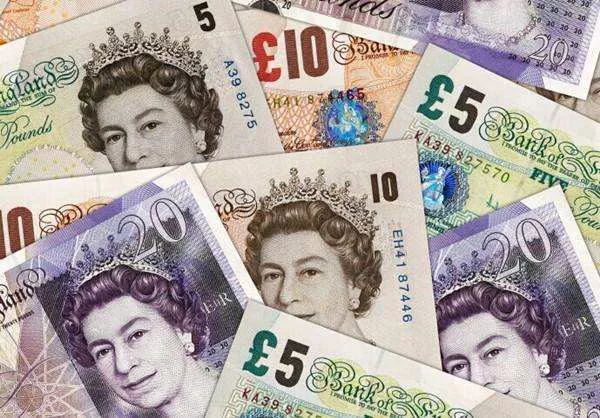An Overview of the UK’s Currency
Pound sterling, also known as GBP (Great British Pound), is the official currency of the United Kingdom. As a major currency in the global exchange market, it’s important to track its fluctuations and understand what factors impact its value. In this article, we’ll explore the current state of the pound sterling exchange rate and examine some of the key factors that affect its value.
Current Exchange Rate:
As of May 29, 2023, the pound sterling’s exchange rate against the US dollar (USD) is around 1.3929. This means that one pound can be exchanged for 1.3929 US dollars. Against the Euro (EUR), the current exchange rate is approximately 1.1876, meaning one pound can buy 1.1876 Euros.
It’s important to note that exchange rates are constantly fluctuating due to various economic and political factors. Therefore, these numbers may have changed by the time you read this article.
Factors Affecting the Pound Sterling Exchange Rate:
-
Economic Performance:
The performance of the UK economy is one of the main factors that influence the value of the pound sterling. When the economy is performing well, there is greater demand for the currency, leading to an increase in its value. Conversely, if the economy is struggling, investors may lose confidence in the currency, causing its value to decline.
-
Interest Rates:
Another crucial factor affecting the pound sterling exchange rate is interest rates. Higher interest rates tend to attract more foreign investment, which can lead to an increase in demand for the currency and a subsequent rise in its value. On the other hand, lower interest rates can decrease demand for the currency and cause its value to fall.
-
Political Stability:
Political instability can also affect the pound sterling exchange rate. If there is uncertainty surrounding the UK government or its policies, investors may become hesitant to invest in the country, leading to a decrease in the demand for its currency.
-
Brexit:
The UK’s decision to leave the European Union (EU) has had a significant impact on the pound sterling exchange rate since the 2016 referendum. Uncertainty surrounding the outcome of negotiations and the potential economic impact of Brexit has caused fluctuations in the currency’s value. As of May 2023, the full effects of Brexit on the pound sterling continue to be monitored closely.
-
Global Economic Conditions:
Global economic conditions can also impact the pound sterling exchange rate. If other major economies are performing well, investors may choose to invest in those currencies rather than the pound sterling, causing its value to decline.
Implications for Businesses and Individuals:
Fluctuations in the pound sterling exchange rate can have significant implications for both businesses and individuals. For businesses that import or export goods, changes in the exchange rate can affect the cost of doing business and the price of their products. For example, a weaker pound sterling can make imports more expensive but exports more competitive in foreign markets. Conversely, a stronger pound sterling can make imports cheaper but exports less competitive.
Individuals who travel or send money abroad are also impacted by fluctuations in the exchange rate. A stronger pound sterling means that they can get more foreign currency for each pound exchanged, while a weaker pound sterling means they will receive less.
Conclusion:
The pound sterling exchange rate is influenced by various economic, political, and global factors. While it’s difficult to predict exactly how the exchange rate will change in the future, understanding these factors can help individuals and businesses make informed decisions about their finances. Whether you’re a business owner, investor, or traveler, keeping an eye on the pound sterling exchange rate can help you stay informed about the state of the UK economy and make strategic financial decisions.


